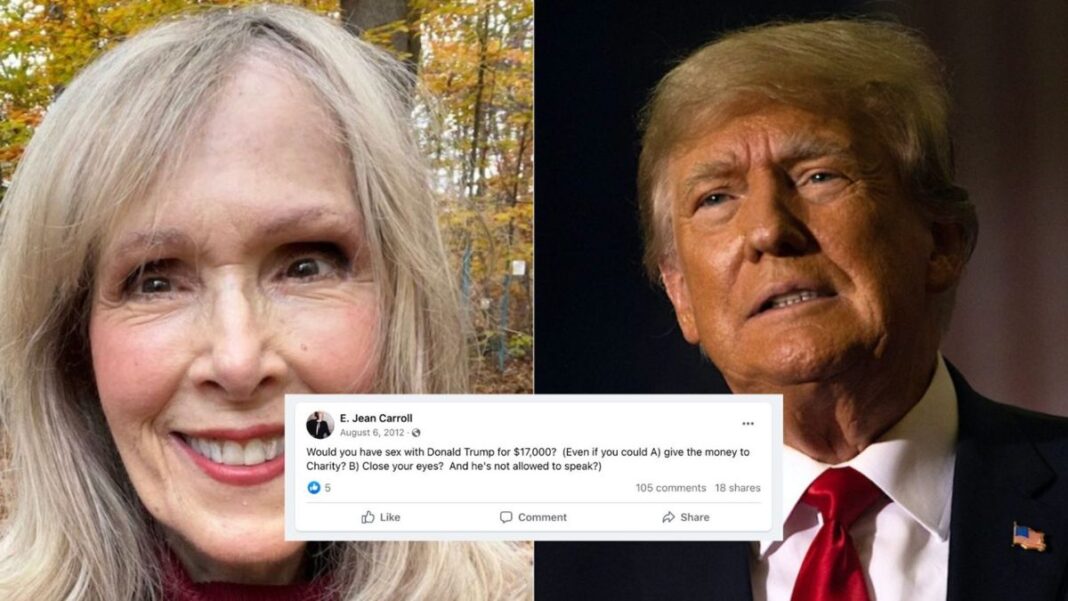
Attorneys for E. Jean Carroll argued he had waived that defense.
Attorneys for former President Donald Trump made yet another attempt at arguing that the former president has a “presidential immunity,” or “absolute immunity” as a U.S. Supreme Court decision came to describe it, in the defamation case against him brought by writer E. Jean Carroll.
Michael Madaio said they had “tried to raise presidential immunity three times and … been rejected by the courts three times” already as judges heard arguments about whether presidential immunity was a defense that could be waived.
The appellate court panel of judges makes a decision on whether it’s a defense that can be waived before other issues can be addressed, such as whether President Trump can invoke this defense in his case.
Defamation Case
Last month, U.S. District Judge Lewis Kaplan ruled that President Trump was liable for defamation for his 2019 remarks and that an upcoming trial in January will deal with how much he should pay the writer in damages.
Ms. Carroll sued President Trump in 2019, accusing him of defaming her when he denied her allegations that he had raped her in a department store in the 1990s. The suit originally dealt with three statements: one issued by the White House and two responses he gave to reporters.
Judge Kaplan’s ruling came after Ms. Carroll won a second case against President Trump in which she accused him of raping her. The jury found him liable for “sexual battery” and awarded her $5 million in May. After the ruling, Ms. Carroll amended her first lawsuit asking for $10 million in compensatory damages and additional punitive damages. The judge ruled that the jury had already settled the facts in the other case, which are the same facts relevant in the defamation case.
Presidential Immunity
President Trump responded with motions to dismiss the case and a countersuit, all of which have been rejected by Judge Kaplan. Now he’s appealing the judge’s rejection of his presidential immunity defense.






